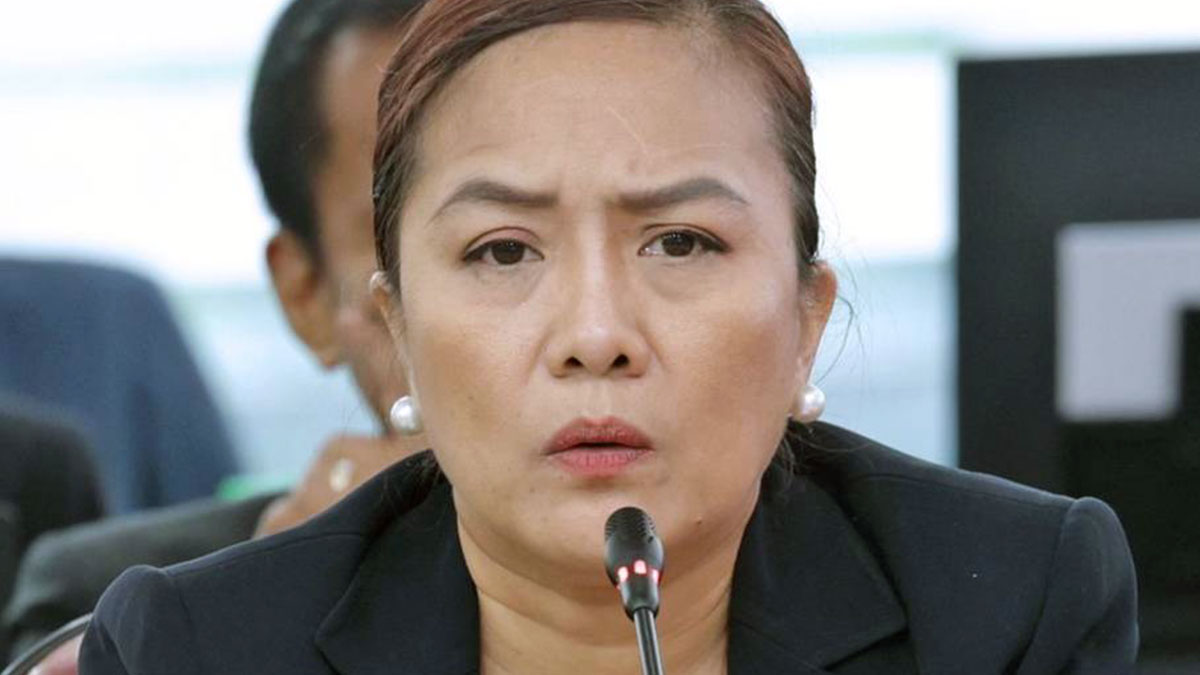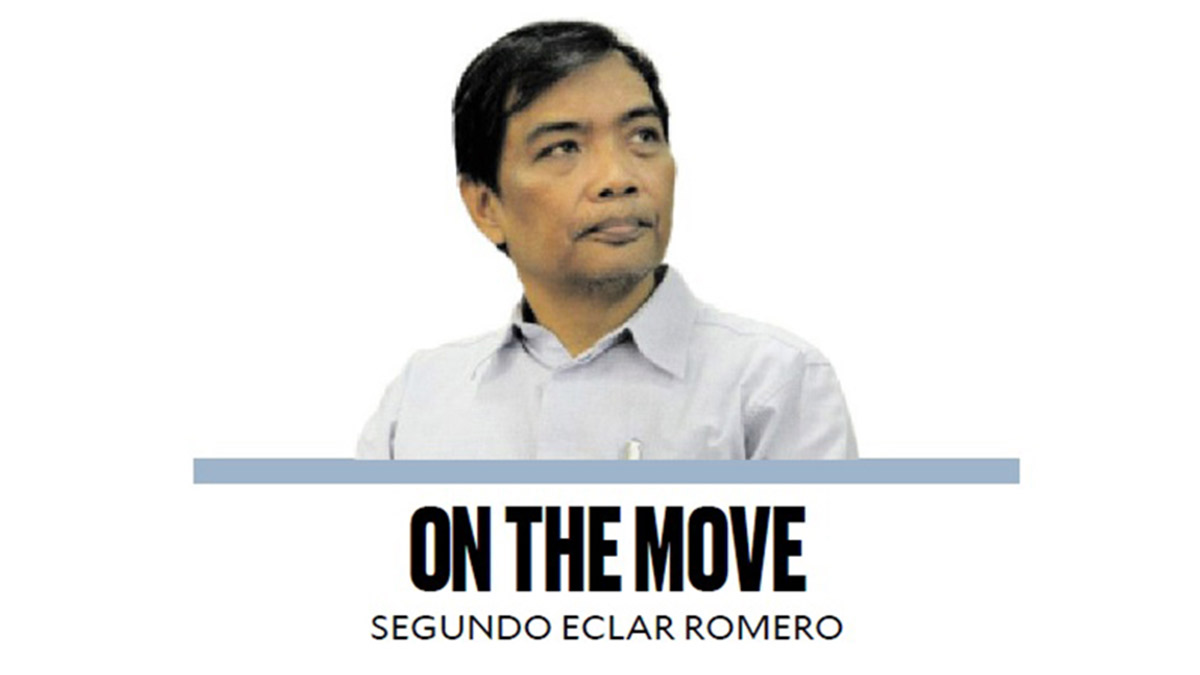Clavano IV brazenly claimed that Article 59 of the Rome Statute was complied with because the DOJ prosecutors supposedly present during former President Duterte's arrest were the "competent judicial authority," to wit: "x x x Nakita naman 'ho natin 'yung iba't ibang mga rules and protocols for arrest, which are bound sa Rome Statute po at sa Interpol, 'yung mga protocols po nila, mga standards din nila, no. As the DOJ should know, the judicial power of courts "includes the duty of the courts of justice to settle actual controversies involving rights which are legally demandable and enforceable, and to determine whether or not there has been a grave abuse of discretion amounting to lack or excess of jurisdiction on the part of any branch or instrumentality of the Government."9 The matters to be determined under Article 59, Section 2 of the Rome Statute clearly contemplates an exercise of judicial power. Indeed, how can the DOJ prosecutors be the "competent judicial authority" to determine if the warrant was valid, if former President Duterte was arrested in accordance with procedure, or that his rights were respected, when they themselves served the warrant and arrested him with the assistance of the Philippine National Police. As such, the DOJ prosecutors that were allegedly present during the arrest should have presented evidence of the requisites to the court, which would then decide based on the evidence presented not only by the DOJ, but also by former President Duterte. Section 2 thereof provides that the determination of the requisites must be "in accordance with the law of the State." The respondents need not be reminded that under the supreme and fundamental law of the land, no person can be deprived of liberty without due process of law. Read Full Story





